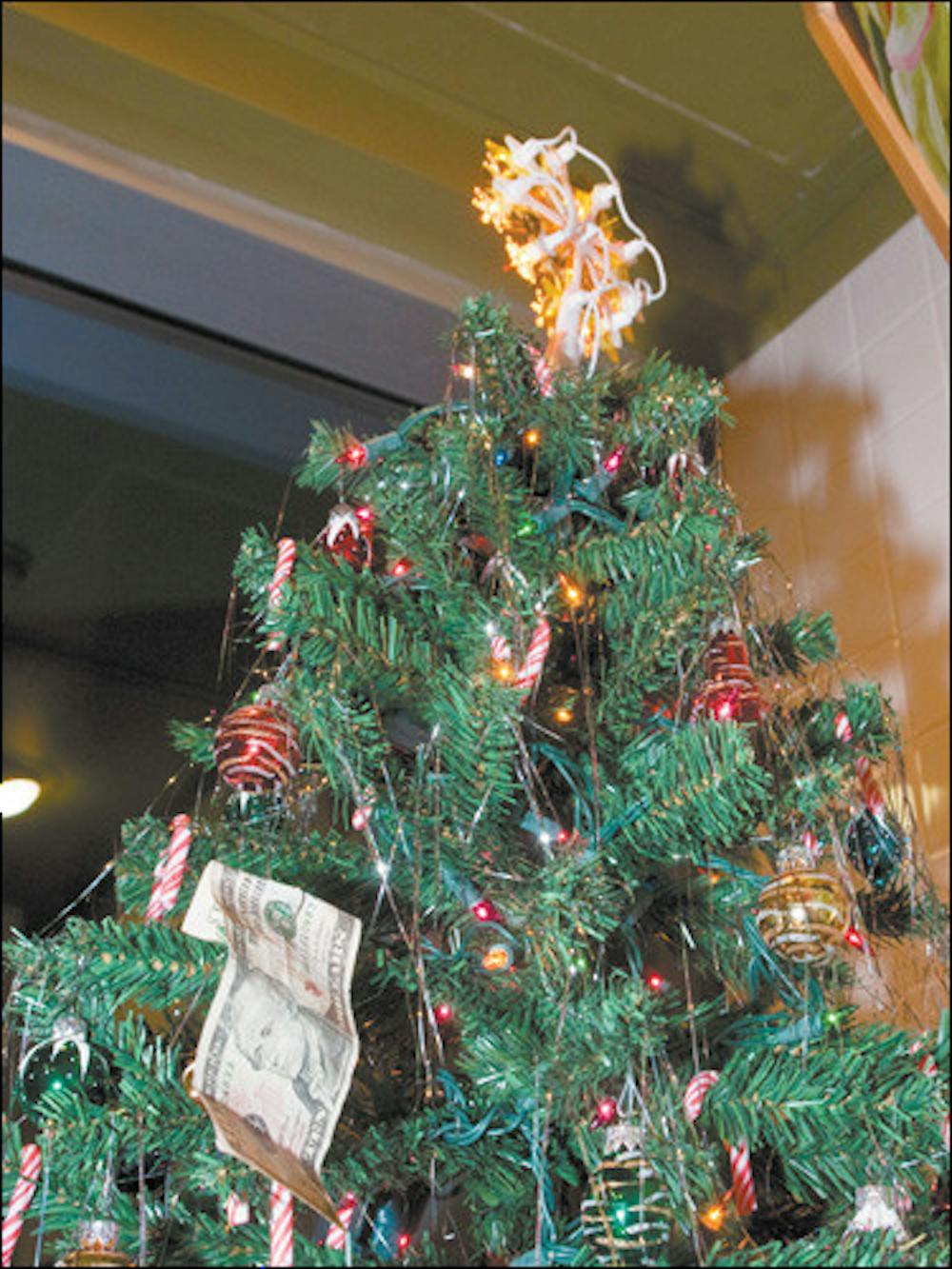Consumers this holiday season will most likely spend about the same amount as they did last year, an ASU economist said.
Dennis Hoffman, a professor at the W. P. Carey School of Business, said though there is a small chance spending could increase this year, it is still too soon to tell.
“The jury is certainly still out on the retail season,” he said. “The rumors of just a disastrous holiday season do not appear to be taking shape. On the other hand, we don’t have real firm evidence that it’s robust either.”
Many people are looking at this season with hopes that spending will return to normal holiday season rates, Hoffman said.
“If we match or even slightly exceed last year, it’ll be a great accomplishment for this economy at this particular point,” he said.
When employment numbers and other statistics are announced later this month, they will have an impact on consumers’ psychology, Hoffman said.
“If unemployment is stabilized or even ticks down a notch or two that might be a boost to psychology,” he said.
Hoffman said he would describe this season’s spending so far as mediocre with relatively slow growth.
“Given that we’re near the depths of the nation’s worst recession of [the post-World War II] period, mediocre isn’t bad,” he said.
Charmayne Etsitty, an exercise and wellness health promotion sophomore, said she has begun her holiday shopping but is spending less than last year.
“I’m shopping less because my budget has been tighter than it has been in the past,” she said.
Etsitty said she expects consumers to shop less this year.
“People have been losing their jobs,” she said.
Marco Ugarte, a doctoral student in the Global Institute of Sustainability, said he began his holiday shopping by trying to take advantage of many of the season’s sales.
“Especially for electronic products [because] they offer an extended amount of time for payment,” he said.
He said he also expects people to reduce their spending this season compared to 2008 because of the uncertainty surrounding the job market.
“People will be very cautious about how they budget,” Ugarte said. “Even when the general numbers look good, there’s kind of a delay in terms of working conditions, and people who are just reentering [the job market] will be very cautious.”
Reach the reporter at salvador.rodriguez@asu.edu.




